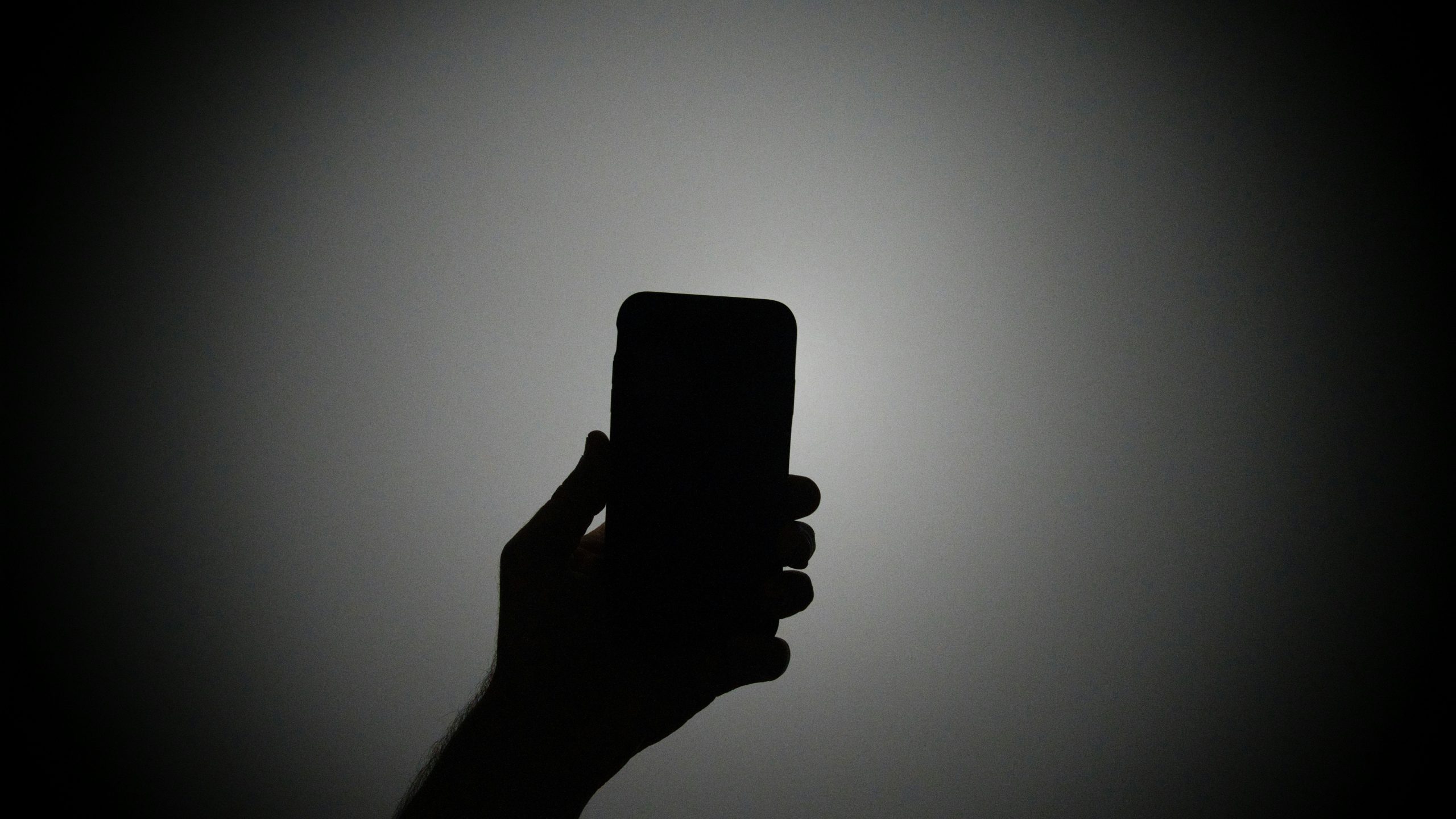We live in a time where personal milestones, family moments, and success stories are shared widely across social media.
But when we invite others, especially strangers, into our personal lives, we can also be inviting unseen forces that can be a source of great harm if we are not careful.
Those are al ‘ayn and hasad.
Two realities that are misunderstood by many, and ignored by many more!
What are they? What are the consequences of them? How do I protect myself and my loved ones from them?
Let’s talk about it…
What is the Evil Eye (Al ‘Ayn)?
The Prophet ﷺ said:
“The evil eye is real.”
[Sahih Muslim]
Al ‘Ayn, commonly translated as “the evil eye”, refers to harm that befalls someone due to another person’s gaze, often one of admiration or amazement.
Surprisingly, it is not always sinful, and does not require jealousy or bad intentions.
It can even come from a loved one: a parent admiring their child, a friend impressed by your achievement.
That’s why the scholars have recommended saying “MashaAllah” or “TabarakAllah” when we see something we like or receive good news:
Whether it’s seeing your own children, your neighbor’s new car, or hearing that a friend or relative has gotten married.
Always bring the blessings you see in yourself and others back to Allah, recognize that He is The Provider, and He gifts whom He wishes.
What is Envy (Hasad)?
Hasad is more toxic. It is when someone wishes a blessing would be taken away from someone else, and fueled by hatred, comparison, and resentment.
Unlike the evil eye, hasad always comes from a malicious place and is considered a serious sin. It can lead to backbiting, sabotage, and even greater harm.
Envy is an Ugly Garment: Never Wear it!
When people speak of the dangers of hasad, they often focus on the external side; envy and jealousy from other people.
But what lives in the hearts of others is not in your control…
What is in your control is what lives in your own heart.
So be mindful of protecting your heart from harboring hasad towards others.
As the Prophet ﷺ told us:
“Beware of envy, for it consumes good deeds just as fire consumes wood.”
[Sunan Abu Dawud]
Imam al Qurtubi highlighted 5 ways that a person of envy is actually opposing Allah!
They are:
1. Resenting Allah’s Distribution of Blessings
The envier questions, “Why did they get this and not me?” as if Allah’s decisions are unjust.
2. Opposing Allah’s Decisions
The hasid is not just disappointed, they actively detest that Allah has blessed someone else.
3. Wishing for the Failure of the Righteous
Envy sometimes targets people doing good. Even scholars and those involved in da’wah can fall into this trap, desiring the downfall of others who are beloved by Allah.
4. Assisting Shaytan with Their Hatred
By harboring envy and animosity, the hasid (envier) becomes a tool of Shaytan, spreading negativity and division.
5. Exposing Themselves to Allah’s Wrath
Envy leads to spiritual corruption.
The great scholar Hasan al Basri said:
“I have never seen an oppressor who resembles the oppressed more than the envier.” They harm others yet constantly feel like victims, burdened by grief.
Daily Habits to Protect Yourself
Protection does not come in the form of bracelets and amulets which, unfortunately, are widespread in many cultures.
Protection comes from Allah, and is about consistent spiritual habits.
Here are some simple but powerful habits to practice:
✅ Daily Adhkar (Remembrances)
Recite the morning and evening adhkar, and encourage your family to do so!
Two powerful chapters of the Quran you should recite every morning and evening are Surah al Falaq and Surah al Nas.
✅ Say “MashaAllah” & “TabarakAllah”
When admiring blessings and success in your own life or others, say “MashaAllah”- Allah has willed it- to prevent harm.
✅ Gratitude is Your Fortress!
One of the most powerful weapons against hasad is shukr (gratitude). Allah promises:
وَإِذْ تَأَذَّنَ رَبُّكُمْ لَئِن شَكَرْتُمْ لَأَزِيدَنَّكُمْ ۖ وَلَئِن كَفَرْتُمْ إِنَّ عَذَابِى لَشَدِيدٌۭ
“And (remember) when your Lord proclaimed, ‘If you are grateful, I will certainly give you more. But if you are ungrateful, surely My punishment is severe.”
[Quran, 14:7]
Gratitude isn’t just words, it’s action: it is to use your blessings (health, wealth, family, time) in ways that Allah loves.
✅ Be Mindful on Social Media
Avoid flaunting personal blessings, especially with the wrong crowd.
Should I Hide my Good News?
Some people go to extremes, downplaying or hiding their blessings entirely out of fear.
But is this the right approach
While caution is wise, excessive fear of hasad expresses distrust in the protection of Allah, and a culture of people hiding their good news can deprive the community of positive examples.
If everyone with a happy and healthy marriage were to hide it, and only people with toxic marriages spoke up, then what image would that create in the minds of young people?
Principles for Social media
If you share good news online, remember…
Share with good intentions:
Sharing good news should not be for the sake of likes and attention; that is showing off and is disliked.
But if the intention is the inspire and uplift others, and express gratitude to Allah, then it can be praiseworthy.
Share with emotional intelligence:
Not every occasion is an appropriate time to share your success.
When you know someone is going through a divorce, talking about your wedding may not be wise.
When a person has just been laid off from work, that
Be mindful:
Not everyone watching your story has the best intentions for you, especially strangers.
Remember: Don’t Panic!
The evil eye and envy are real, but remember that Allah’s protection is superior.
Our Lord has given us practical tools to safeguard our lives.
So instead of fearing people, fear Allah, trust Him, and seek His protection above all.



Recent Comments